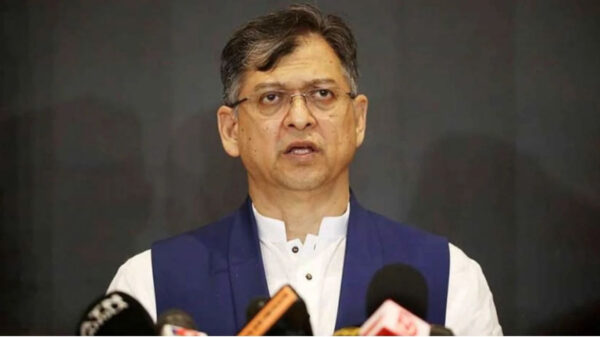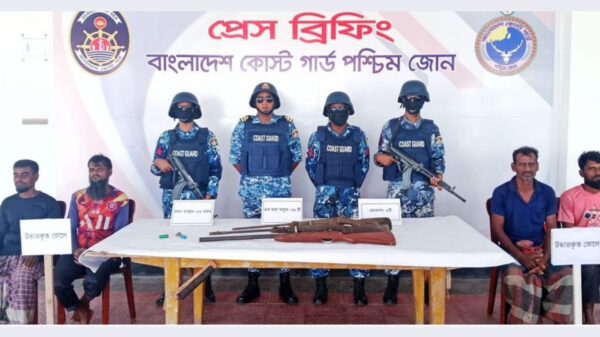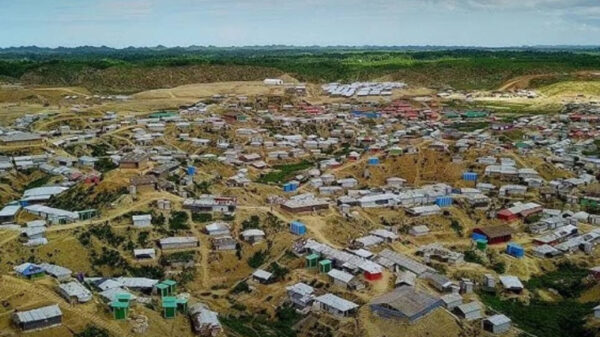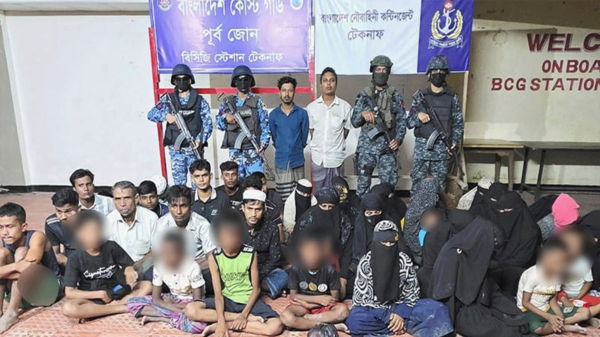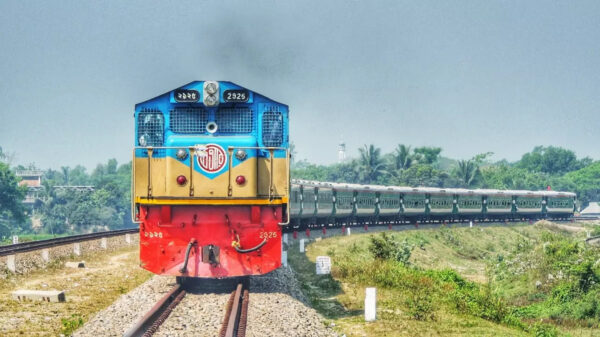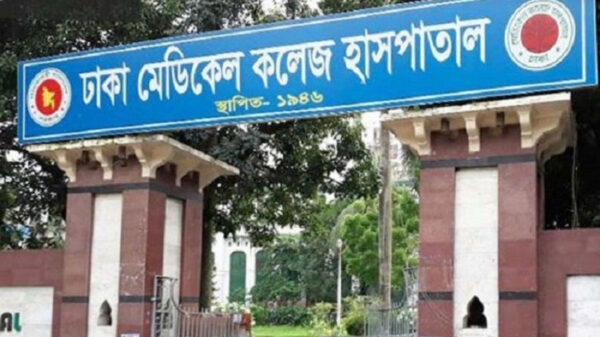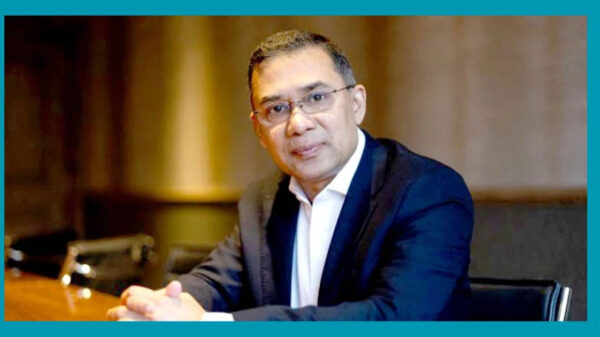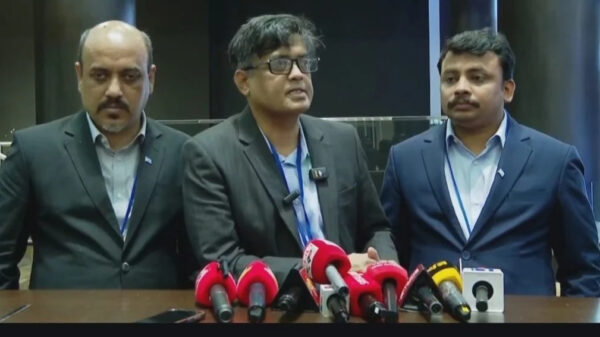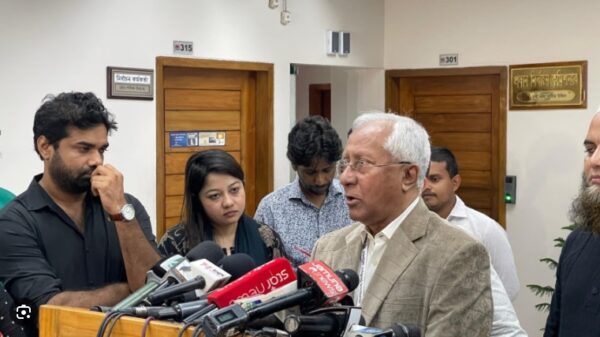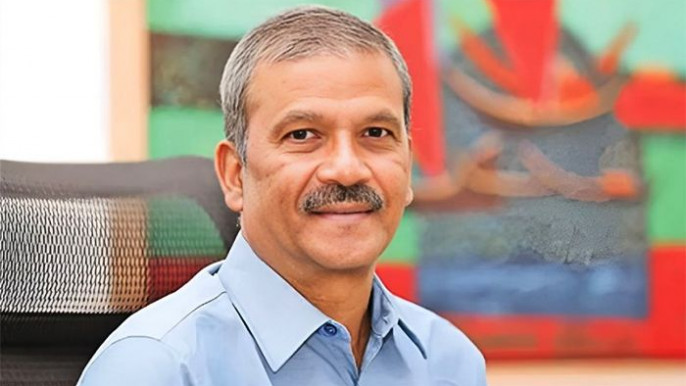Staff Reporter:
The interim government’s commission on enforced disappearance has said, it is a major challenge in es-tablishing truth and ensuring accountability over the issue that featured the ousted Awami League re-gime.
It added the Awami League consistently denied the existence of a systematic practice of enforced disap-pearance and even after the changeover of 5 August 2024 “we have struggled to confront this denialism largely because many of the perpetrators remain in positions of power”.
The report alleged that the “widespread destruction of evidence, institutional non-cooperation, intimida-tion of potential witnesses, and a climate of fear” exposed the commission to challenges to carry on its task.
“As a result, attempts to fully expose the system risk re-victimizing those already targeted by it,” read the report, which, however, added that it would be incorrect to say that no attempts have been made to expose this system.
The report said many victims independently came forward while national and international media cov-ered their stories simultaneously revealing existence of secret detention cells, visited as well by Chief Adviser Professor Muhammad Yunus accompanied by the victims.
It said the existence of these secret sites was now an “incontrovertible fact” but many of their abusers or those complicit in the system still occupied positions of power, particularly within the security forces.
“This has fostered a culture of fear and silence that we have, so far, struggled to break through,” the commission said, adding the constraints prompted them to explore alternative means of presenting com-pelling evidence that “enforced disappearance in Bangladesh was not incidental but systemic”.
The commission said their interim report analyzed a dataset of 253 individuals who mattered since at the point of their disappearance, there was contemporaneous documentation—general diary entries, criminal complaints, or media reports — recording that they had gone missing.
“At the point of reappearance, law enforcement or security agencies filed cases against them, thereby confirming they were in state custody. These individuals are also alive and have testified about the inter-vening period,” the report read.
In many instances, it said, the victims encountered each other in secret detention facilities, becoming witnesses to each other’s captivity and the consistency of their accounts offers compelling evidence of a coordinated and systematic practice.
“Thus, what we have is a dataset of 253 people, dispersed across the country and over more than a dec-ade, who describe remarkably similar experiences, despite having no way of coordinating among them-selves or anticipating so many years ago that their cases would one day be scrutinised collectively by a commission like ours.”
The commission said they revealed that, “under the guise of counterterrorism, the Awami League pur-sued an authoritarian bargain—using the threat of Islamist extremism to consolidate political power, se-cure international legitimacy, and extend its rule”.
“In doing so, it (Awami League) weaponised the criminal justice system, compromised the security forc-es, and institutionalised torture and secret detention,” the report said.
The commission observed that the “counterterrorism campaign” at the cost of human rights was a politi-cally motivated repression apparatus while the data from the Anti-Terrorism Tribunal showed there was underlying political and performance driven logic to case inflows and outflows.
It said the 253 individuals in our sample span more than a decade; they vary in age, profession, and the length of their disappearance but their experiences also converge in striking ways as most were support-ers of then-opposition political parties.
According to the report even those linked to the ruling party were disappeared in connection with intra-party disputes or political rivalries.
“Across the board, victims were subjected to the same rituals—exposed to systematic torture, presented to the press as terrorists, charged under similar laws, and described in very similar language,” it read.
This convergence of experience from such diverse backgrounds but similar political identities strongly suggest a political logic behind these actions and “heterogeneous lives were processed through a homog-enised machinery of repression”.
The commission, however, noted that as in the rest of the world, “terrorism is a genuine threat to Bang-ladesh” but it must be addressed with analytical clarity and institutional resolve and must also be ad-dressed with integrity.
It said the Holey Artisan Bakery attack in 2016, among the deadliest in the country’s history, was a bru-tal wake-up call; significantly, one of the attackers was the son of an Awami League politician which “undercuts the narrative that extremism is confined to any one segment of society”.
A critical challenge now facing the justice system in Bangladesh is how to resolve the thousands of fab-ricated anti-terrorism cases that continue to entangle the victims of enforced disappearance while many of those caught in this web already endured incommunicado detention, torture, and staged reappearanc-es.
“Upon resurfacing, they found themselves facing charges for crimes they could not have committed, often because they were already in state custody at the time the alleged offenses occurred,” the report said, adding their situation presented a grave miscarriage of justice and a direct violation of legal princi-ples.
The commission, however, said, “it must be acknowledged” that, within this group, there were individu-als “who do harbour radical beliefs” but the right to due process demands that individuals be prosecuted only for acts they have committed.
The commission said in multiple conversations senior police and military intelligence officials with ex-pertise in this area suggested Bangladesh should draw lessons from successful examples, where the em-phasis was given on prevention and rehabilitation rather than militarized crackdowns as ways of doing counterterrorism.


